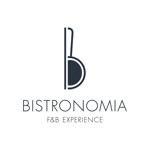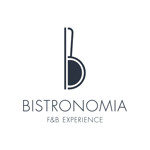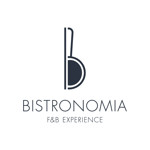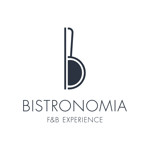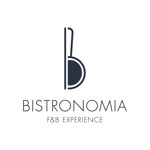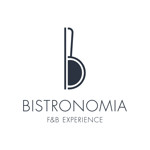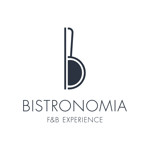Information
-
Audit Title
-
Client / Site
-
Conducted on
-
Prepared by
-
P = Priority (-15%); PF = Priority Foundation (-5%); C - Core (-1.5%)
HOUSEKEEPING / STORAGE
-
C 926. Lighting is adequate and all lights are clean and properly shielded or shatterproof.
-
PF 908. All food is properly stored at least 6" above the floor and stored in such a manner as to prevent contamination. Storage shelves are clean.
-
C 401. All employee personal items are properly stored in designated areas. No personal food or beverages allowed in food storage or prep areas.
-
P 509. No evidence of rodents or other pests in the facility.
LOGS
-
PF 701. Thermometer Calibration Log present and up to date. Corrective action is documented when necessary.<br>
-
PF 712. Cooler Temperature Log present and up to date for all units that don't have electronic monitoring. Corrective action is documented when necessary.
FOOD HANDLING
-
PF 1008. Thermometers are provided for monitoring of food temperatures. Thermometers must be calibrated (+/- 2°F) and properly sanitized.
-
Did you observe or conduct thermometer calibration?
-
C 1005. No evidence of temperature abuse on refrigerated or frozen products such as excessive ice inside packaging, discolored product, freezer burn, etc.
-
P 1003. All potentially hazardous foods throughout the department including those in display cases, coolers, etc. are maintained at the proper temperatures; refrigerated foods at 41°F or below; frozen foods at 0°F or below.
-
Monitor and record temperatures:
Product Temperatures:
-
Case / Station:
-
Product Temperature(s):
-
PF 803. All food products throughout the deli department, including display cases, refrigeration units, storage areas, etc. are properly stored to prevent contamination. All open product is properly protected, with no potential for cross contamination between raw and cooked or RTE items. (i.e. fans, cardboard boxes, condenser units, improper stacking order, etc).
-
P 805. Bare hand contact with RTE is prohibited and employees are observed using suitable utensils such as deli tissue, spatulas, tongs, single use gloves or other dispensing equipment. If single use gloves are provided, personnel are instructed as to proper glove use and are observed using gloves correctly.
-
PF 805. Other deviations from glove policy (including fake nails, nail polish, bandaids, etc)
ROTATION / DATING / LABELING
-
PF 807. First In First Out (FIFO). Product is rotated properly. No out of date or expired product is observed.
-
Record product information:
Outdated Product
-
Record product information:
Outdated Product
-
C 810. Non-Potentially Hazardous foods (spices, nuts, etc.) must be labeled & dated when opened. Products that require use-by-dates are adequately dated.
DISPLAY CASES
-
PF 1004. Display cases are properly stocked with no product above the fill line or stored on air vents.
-
PF 1001. All display cases (refrigeration and frozen) are functioning properly. Refrigerated cases 41°F or below; frozen cases 0°F or below or cold enough to keep product frozen solid. Thermometers are designed for use in refrigerated units.
-
C 916. Display cases are clean outside and inside, including hard to clean areas; no mold or other unsanitary conditions; signs, tags, and tag channels are clean and orderly.
-
C 917. Display cases are of commercial construction (NSF listed or equivalent), and are in good condition: No dents, damage, rust or peeling paint.
-
PF 903. All bulk food bins are clean, in good condition and properly constructed with materials that are easily cleanable; where appropriate signs regarding allergens & hygiene advice are posted. Scoops or other utensils are provided, clean, and tethered.
REVIEW & SIGNATURE
-
Signature of Auditor
-
Signature of PIC







